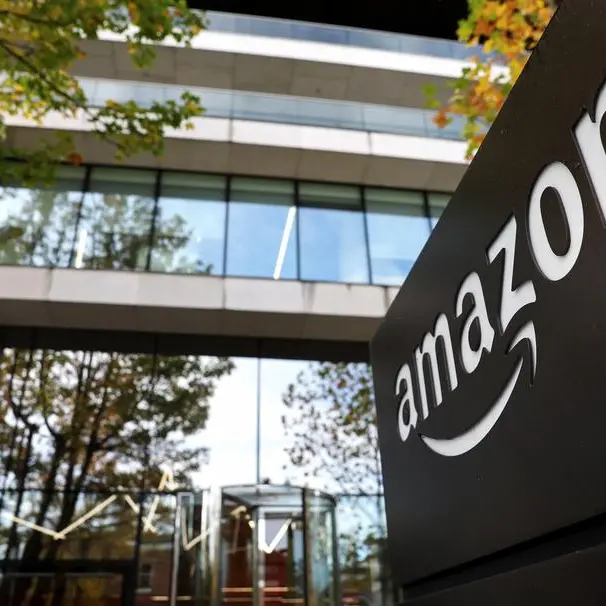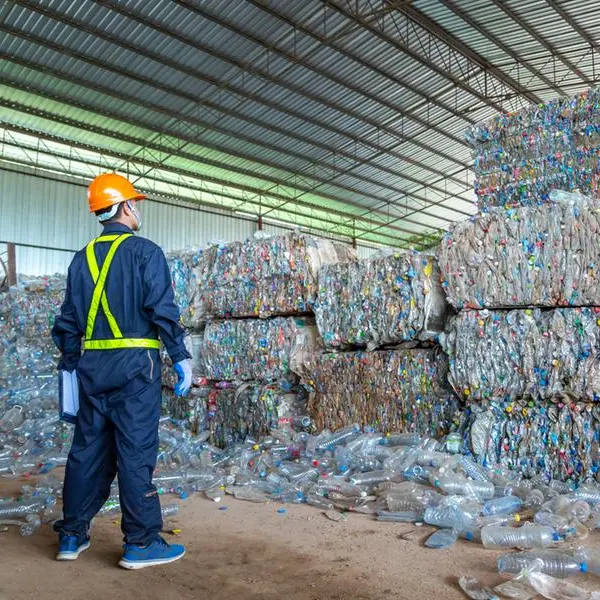PHOTO
The question that we must ask ourselves about artificial intelligence (AI) is can humans can co-exist with it?
If we cannot envision a future where that is the case, we should not go there, said Stuart Russell, professor of computer science, University of California, Berkeley, at the opening plenary session of the Global Future Councils meeting in Dubai.
He asked the session: “Even if we fix all the safety problems and we make sure that it’s beneficial and it doesn’t take over the world and it doesn’t kill us all, can we co-exist? What role will humans have when machines can do everything that we can?”
Russell posed the question of whether having general purpose AI, which can perform all our daily tasks for us, will destroy motivation, education and even our purpose for living.
“Will it basically infantalise and enfeeble our civilisation where we end up in the Wall E world where everyone is incapable of everything?
“That’s not a future that we want. What is the future where we have this technology and yet we are a vibrant, forward thinking and hopefully much better civilisation than where we are now?
“If you can’t think of that future, if you can’t describe it, then you have to think then why are we going there?”
Russell said the question was one for the whole of civilisation to consider.
The session also heard from Masood Ahmed, President, Center for Global Development, who said the question his council would pose at the event, held in partnership with the World Economic Forum (WEF) and the UAE Government, was why some communities did not participate in the success and progress made in recent decades.
“While there has been huge success, there is still pockets of communities, countries, people, who are not participating in the success? It is harder to reach them for a variety of reasons. The big challenge for the future is how to help them catch up.”
The second challenge is that recent shocks including those around food security, increasing cost of living, wars, and the global COVID-19 pandemic have set back economic momentum seen in recent decades.
“Today, we are seeing income growth falling in many countries, the gap between rich and poor countries, which was narrowing, is now widening, due to the combination of global challenges, of which climate is the biggest, but not the only one.
“Geopolitics make it harder to cooperate to deal with [the challenges], and global challenges pose a big threat to the development we have seen,” he said.
“I see lots of opportunities, but I see reasons why those opportunities have been held back, because of those issues.”
(Reporting by Imogen Lillywhite; editing by Brinda Darasha)





















